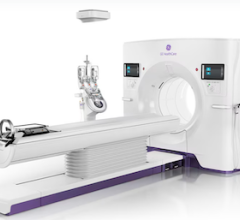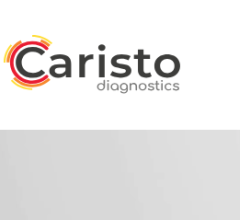
July 8, 2015 - The Society for Heart Attack Prevention and Eradication (SHAPE) submitted a letter to the U.S. Preventive Services Task Force (USPSTF) strongly supporting the use of coronary artery calcium to assess an individual's risk of heart attack.
The USPSTF is currently accepting public comment for its "Draft Research Plan for Cardiovascular Disease: Risk Assessment Using Nontraditional Risk Factors." Coronary artery calcium is among the nontraditional risk factors being considered.
Traditional risk assessment methods that rely solely on the Framingham Risk Score have proven to be suboptimal, as evidenced by the fact that 525,000 Americans suffer a first heart attack annually, according to the Centers for Disease Control and Prevention. Had they been evaluated the day before their heart attack by the traditional risk assessment method, the majority would fall in the Low to Intermediate Risk categories.
SHAPE advocates using non-invasive screening tests to determine an individual's coronary artery calcium score. The approach is modeled after successful screening protocols for breast and colorectal cancers once women and men reach a certain age.
"By relying on traditional risk assessment, many high risk and "˜vulnerable patients' are left unaware or inadequately treated, and many low risk individuals are inappropriately targeted for treatment, which burdens our healthcare system," stated the SHAPE letter.
SHAPE urged the USPSTF to review the work of the SHAPE Task Force, which has explored the advantages and limitations of various traditional and nontraditional methods of assessing risk of heart attack. This work, stretching back more than a decade, has included 15 scientific symposia and more 50 scientific publications on the topic the USPSTF is now examining.
The USPSTF is an independent, volunteer panel of national experts in prevention and evidence-based medicine that works to improve the health of all Americans by making evidence-based recommendations about clinical preventive services such as screenings, counseling services and preventive medications.
For more information: www.shapesociety.org


 February 02, 2026
February 02, 2026 









